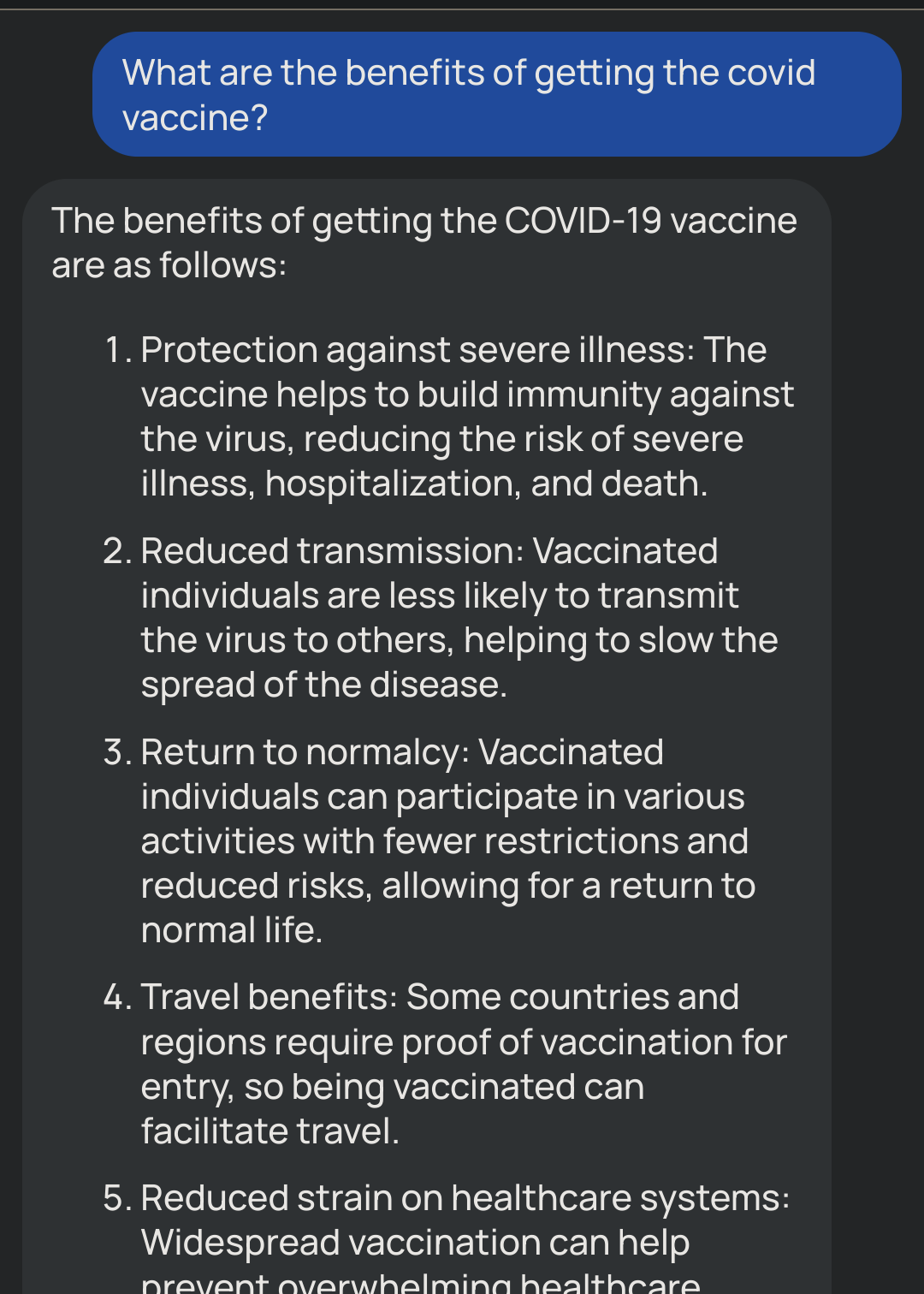

I definitely agree, but that’s true of any system. The particulars of the pitfalls may vary, but a good system can’t overpower bad management. We mitigate the stakeholder issue by having BAs that act as the liason between devs and stakeholders, knowing just enough about the dev side to manage expectations while helping to prioritize the things stakeholders want most. Our stakes are also, mercifully, pretty aware that they don’t always know what will be complex and what will be trivial, so they accept the effort we assign to items.






I find this kind of baffling, honestly. Like I’ll follow this one to see how reviews turn out, but superstars was by all accounts what people had been asking for. So they released it and… that’s it, no updates for more characters and maps, not even as paid DLC. Why didn’t they do more development on it?